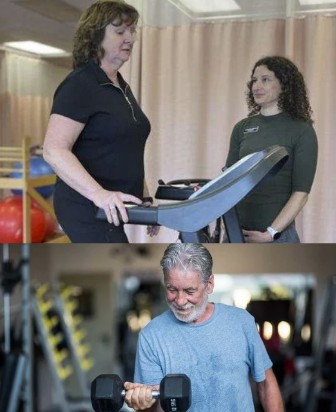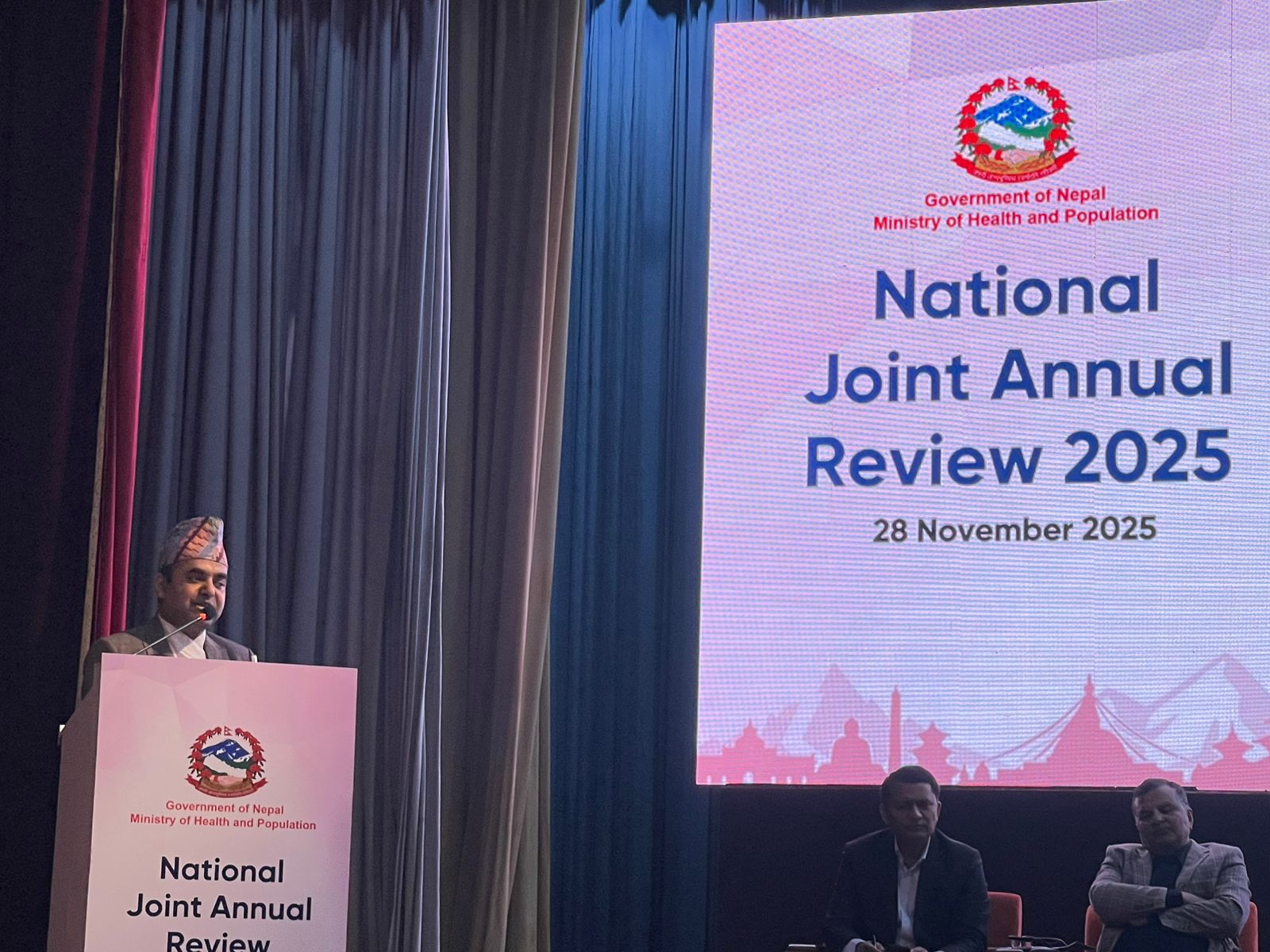
A major international study has found that regular exercise can significantly improve survival rates among colon cancer patients, reducing the risk of death by more than a third.
The study, published in the New England Journal of Medicine, involved 889 patients who had completed chemotherapy. Half of the participants were enrolled in a three-year supervised exercise program, while the rest received standard advice on healthy living through leaflets.
After five years, 80% of patients in the exercise group remained cancer-free, compared to 74% in the non-exercise group. After eight years, only 10% of those in the exercise group had died, compared to 17% in the control group—a 37% reduction in the risk of death.
Researchers said the program did not require intense physical activity. It included activities such as brisk walking, swimming, or even dancing for 45–60 minutes, three to four times a week. Participants also received coaching, initially on a weekly basis and later on a monthly basis, to help them maintain the routine.
Professor Vicky Coyle from Queen’s University Belfast, one of the study’s lead researchers, said the results could change how colon cancer is treated around the world. “It’s a shift in mindset—thinking of treatment not just as something you take, but something you do,” she said.
While the exact reason why exercise helps is still unclear, scientists believe it may influence hormones, reduce inflammation, and boost the immune system—all of which could play a role in preventing cancer recurrence.
Dr. Joe Henson from the University of Leicester, who was involved in the trial, called the findings “exciting.” He said exercise also helped improve patients’ mood, reduce fatigue, and strengthen their bodies.
Caroline Geraghty from Cancer Research UK welcomed the findings but emphasized the need for investment. “This trial has the potential to transform clinical practice, but only if health services have the necessary funding and staff to support patients,” she said.
swasthyaadmin
Published: June 13, 2025









